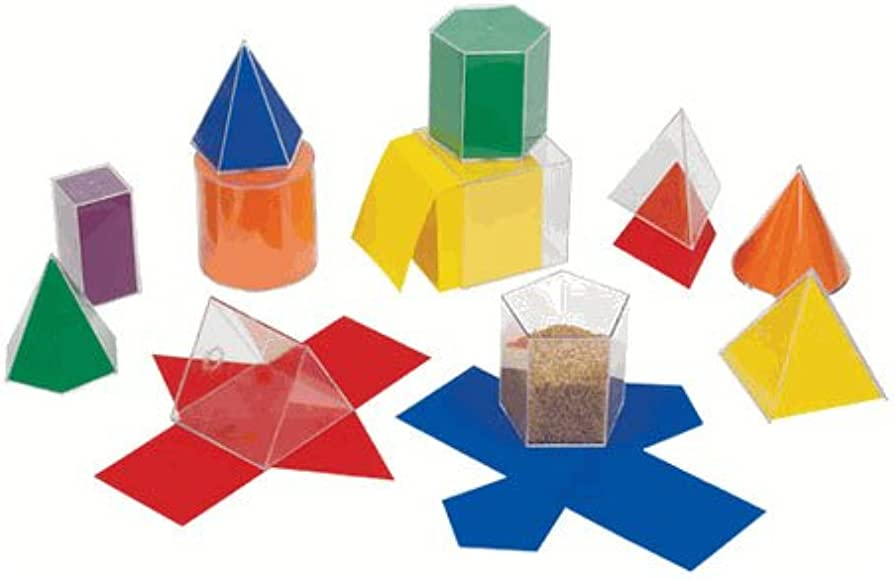John Hattie is a Professor of Education and Director of the Visible Learning Labs, University of Auckland, New Zealand and we all know his famous work "Visible Learning. A Synthesis of Over 800 Meta-Analyses Relating to Achievement" first published in 2009.
I decided to reread his book, especially some parts that I found important for my teaching inquiry this year. According to J Hattie, "The effect size of 0.40 sets a level where the effects of innovation enhance achievement in such a way that we can notice real-world differences, and this should be a benchmark of such real-world change."
This is a great reminder to all of us that our inquiry into improving our teaching practice, commitment to numerous PLDs, and our aim to develop student agency are vital components in fostering positive student outcomes in mathematics. By focusing on refining the curriculum and our instructional skills as teachers, and prioritizing student engagement and empowerment, we have the potential to make a profound impact on students' mathematical understanding and achievement.
This research also provides valuable insights into instructional strategies that yield positive results for student learning. When it comes to teaching math, a well-structured program and direct teacher instruction have been found highly effective factors (Hiebert & Grouws, 2007). Explicit teaching, clear explanations, and demonstrations have a significant impact on student understanding and achievement.
Manipulatives play a crucial role in the early years of mathematics education and show a great effect when working with low-achieving middle school students. They provide concrete experiences that help students build a solid foundation and develop a deep understanding of mathematical concepts (Mitchell, 1987). By engaging students in hands-on activities, manipulatives foster conceptual understanding and lay the groundwork for later abstract thinking.
When it comes to effective teaching strategies, certain approaches have shown particularly promising outcomes. Strategy-based methods, guided practice, peer tutoring, teacher modeling, specific forms of feedback, mastery criteria, sequencing examples, and instruction responsive to feedback have demonstrated high effect sizes (Hattie, 2009). These strategies actively engage students, provide guidance, and create opportunities for practice and feedback, leading to significant improvements in mathematics achievement.
On the other hand, research suggests that peer group strategies and independent practice with technology have relatively lower effect sizes (Hattie, 2009). While they still have some value, working within a peer group and relying heavily on technology for independent practice may not yield as substantial improvements in mathematics learning compared to other approaches. (I have personally observed similar situations where students collaborate on their independent activities, and despite my reminders that they should only help by explaining rather than telling, it can be challenging to monitor.)
Reading "Visible Learning" by J. Hattie confirmed my hunch and hypotheses about the most important and effective components of teaching mathematics:
- Structured mathematics programs: Comprehensive and organized curricula that provide a framework for effective instruction and learning in mathematics.
- Direct Teacher instruction and modelling: Engaging students through clear explanations, demonstrations, and guidance from the teacher to deepen their understanding of mathematical concepts.
- Strategy-based methods: Teaching students specific problem-solving strategies and approaches to empower them in tackling mathematical tasks effectively.
- Guided practice and feedback: Providing students with opportunities to apply their knowledge through practice activities while receiving targeted feedback to enhance their learning and mastery of mathematical skills.
Citations:
Hiebert, J., & Grouws, D. A. (2007). The effects of classroom mathematics teaching on students' learning. In F. K. Lester Jr. (Ed.), Second Handbook of Research on Mathematics Teaching and Learning (Vol. 2, pp. 371-404). Information Age Publishing.
Mitchell, M. M. (1987). The effects of manipulative materials in mathematics instruction. Journal for Research in Mathematics Education, 18(6), 449-457.
Hattie, J. (2009). Visible Learning: A Synthesis of Over 800 Meta-Analyses Relating to Achievement. Routledge.
































